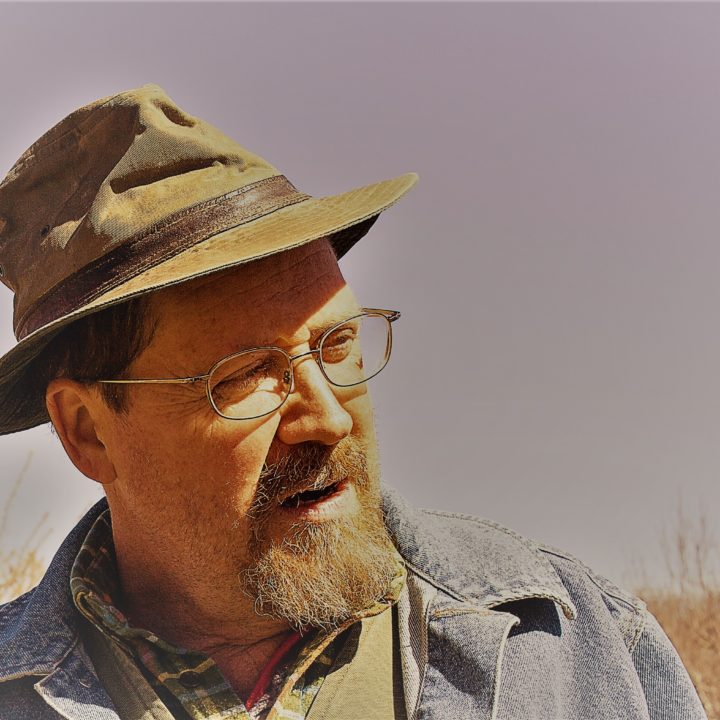Years back I owned a bookstore in downtown Knoxville. The small selection of new titles and magazines was a fairly eccentric mix called, “alternative”. The remainder of the store was composed of used and out-of-print tomes on any number of conventional topics.
It was not uncommon for someone to sidle up to me once a week and say in a conspiratorial whisper, “I didn’t know you were a warlock?” Or, some such assumption, based on the simple fact that I carried a book or had a section devoted to one or more out-of-the-mainstream themes. Typically, these were just hopeful projections by the customer that they had found a kindred spirit.
Writing a weekly blog is a bit like the bookstore, where I stock the shelves and the visitor sifts through the jumble and vague pronouncements and makes a selection and determination. While I personally like that eclecticism of choice, what follows is a small attempt at a statement of intent and clarification on writing about the rural life.
Speaking for myself (not Cindy), my urge and motivation for moving to the farm 17 years back, and the desire to document it, had more to do with wishing to relearn what it was like to be a resident. Or, as Wes Jackson would phrase it, to be native to this place.
Living in a small valley south-west of Knoxville, TN, learning to garden, farm, and to eat more purposefully, has been a great joy. The great pleasure in this work (and, yes, that includes fencing) and the growing sense of being part of a community has been deeply satisfying.
Being part of a rural society is so much different than being part of the community that we left behind in the city. You choose your associations in a city. It provides a structure that mediates the interaction between you and your neighbors. In the country that neighbor is also your partner in a relationship where you repair fences figuratively and literally. You may not share the same faith, or political outlook. But you share the same property line and that makes a profound difference. In many ways a rural community is the more complex, interwoven and direct experience than that of the city. There is no bed to hide under in the country. You are known to all.
As part of this journey I have consciously self-identified as an agrarian, trying to uncover the rules and vocabulary of an ancient language. One that explains identity, brotherhood and sisterhood, the bonds of community, and a more intimate connection to the world in terms independent of contemporary political notions of right and left, liberal and conservative.
In these weekly writings I have strived to use that language to explain the rural life. Sometimes the posts are simply of the mundane tasks of working the land, other times they focus on cultural forces that shape the people in this area.
So, it should come as no surprise to any reader that a blog called The South Roane Agrarian would be somewhat biased towards that life. Which is not to say that I don’t recognize the values of the people, the varied cultures, or the opportunities of the city. After all, that is a call that has pulled on rural peoples for millennia. But, I do think that the rural life speaks more directly to the human experience and offers more hope in an uncertain future.
And, in my modest opinion, the dominant culture always speaks for the city. They need no further protection, justification, or explanation. It is the rural culture that has become the great “other” in our country. The flyover, the drive-by, the dump-on.
So, these posts are written in the hope of being part of a larger project. One whose roots link me with antiquity, our ancestors, and, living in balance with my neighbors and this planet. And, with an understanding that all societies ebb and flow, that climate change will limit our opportunities, that the future of growth will narrow the path, that a couple of centuries of efficient resource exploitation may leave us with millennia of picking through the leftovers; surviving all of that, I maintain, will be largely a rural project.
C.S. Lewis had a phrase in his book, The Last Battle, “further up, and further in”. Which pretty much sums up my approach to this little blog, that by focusing small, I will begin to see large.
………………………………………………………………………..
As my personal editor is off visiting her family this weekend all grammatical errors and sloppy sentences, regrettably, belong to me.
Teaser photo credit: By Jesus Solana from Madrid, Spain – Black sheep . Do u also feel different? // la Oveja negra. Tambien te sientes diferente?, CC BY 2.0, https://commons.wikimedia.org/w/index.php?curid=5050231






